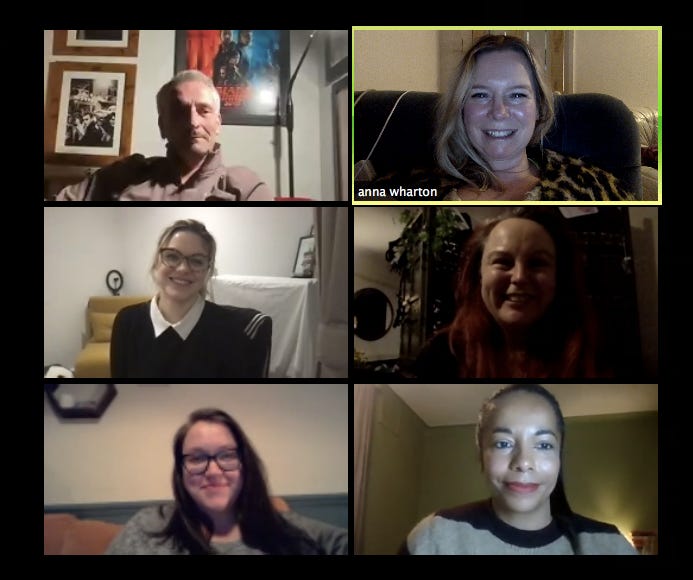How do you know it's not good for you?
Rejections... and dealing with other setbacks in writing, or life
Last night, novelist Lorraine Brown came to speak to my working class mentees about her journey to publication.
My mentees found her absolutely inspirational, as did I. She too is from a working class background, her parents had very ordinary jobs: her mum was a care assistant, her dad a welder. Sometimes, in what can seem to be the privileged world of book publishing, it’s easy to feel excluded, particularly when you read interviews with authors who talk about their private educations and their bookish families, when some of us were growing up just trying not to get into fights on council estates.
Like so many of us, the story of how Lorraine came to publish her debut novel, The Paris Connection, was not told in a straight line, but a very wiggly one. It involved a draft of a novel that ended up abandoned, it involved ‘thanks-but-no-thanks’ rejections from agents, it involved hard work, lots of graft, …




